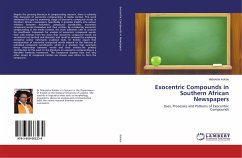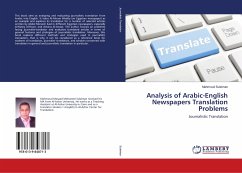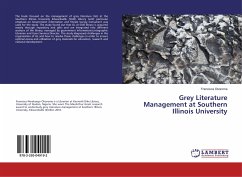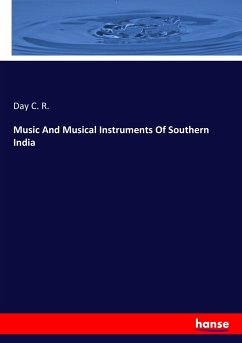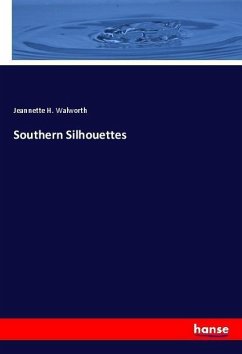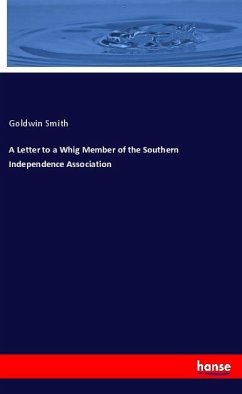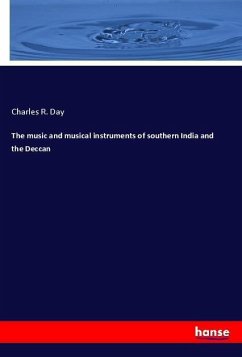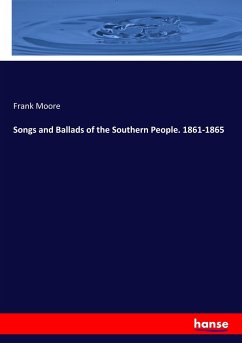Despite the growing literature in compounding research, there is relatively little discussion of exocentric compounding in media context. This work addressed this gap by examining usage of exocentric compound words in Southern African newspapers. Specifically, it provides insights into various relations between exocentric compound constituents, exocentric compound words themselves and their entities. By considering exocentric compounding in the media context, the work addresses calls to account for insufficient framework for analysis of exocentric compound words. Such calls emerge from the views that exocentric compound words are considered out-centred and idiomatic and could be analysed by employing metaphor and/or metonymic analytical tools. Dr Kolobe argues that interpretation of exocentric compound words depend on the features of individual compound constituents, which is a situation that ascertains direct relationship between words and their entities.The primary contributionof this work to the literature on exocentric compounding is a WordNet Similarity framework. The framework displays how and why other senses of compound entities are chosen over others to form the compound
Hinweis: Dieser Artikel kann nur an eine deutsche Lieferadresse ausgeliefert werden.
Hinweis: Dieser Artikel kann nur an eine deutsche Lieferadresse ausgeliefert werden.

